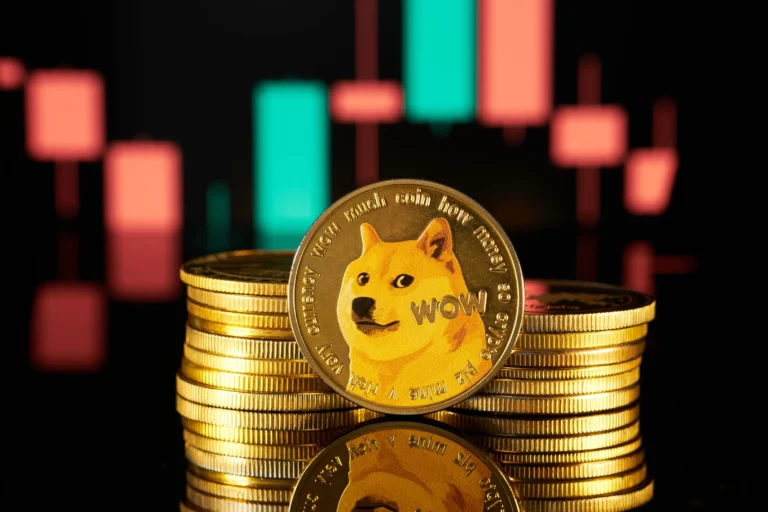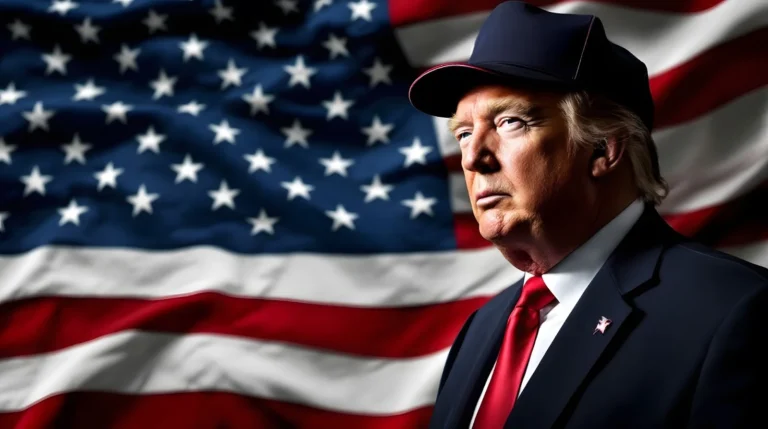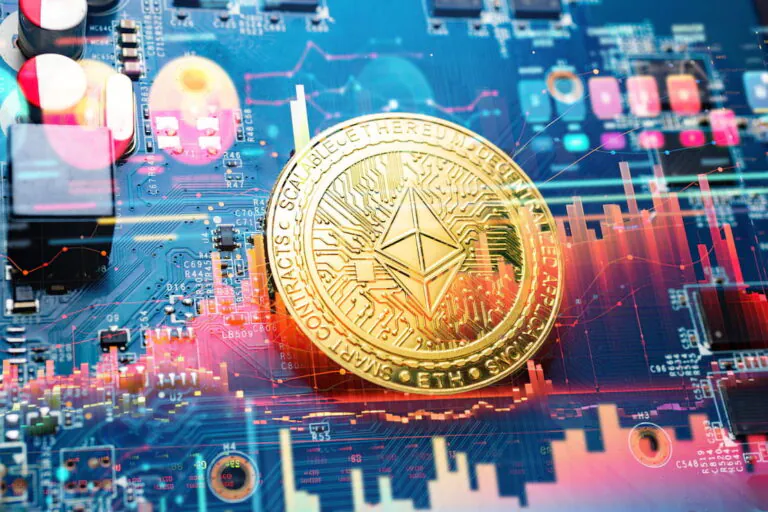Dogecoin (DOGE) with the image of a Shiba Inu dog called Kabosu as its logo, is one of the most popular and successful memecoins. It is considered an altcoin and was launched in December 2013.

Refugees, mortgages, elite alcohol: where else is blockchain used
Blockchain has already become a familiar word for us, and its introduction into financial systems will not surprise anyone. However, there are areas of life where the application of innovative technology was least expected.
Let's start with housing. A major UK real estate broker has invested a hefty £5 million to develop a blockchain platform that will improve the efficiency of mortgage advisers. The application will speed up the sending of applications for a loan and insurance.
Corn. Surprised? But the Swiss company Bühler uses blocks to control the conditions under which grain is processed. Who says that agriculture is a sector lagging behind progress?
Gas. Blockchain technology at Gazprom will make it possible to pay for blue fuel and conclude contracts "automatically".
Whiskey. Scottish whiskey producer William Grant & Sons uses know-how not only to control supply, but also to combat counterfeiting. The Indian Ministry of Commerce has also launched a similar project for coffee shoppers.
Immigrants. In Germany, they decided to create a system for verifying the data of refugees based on Ethereum. The blockchain will store information about the applications of visitors, but personal data is not entered into the system in accordance with the law on the protection of personal information of citizens.
And this is far from a complete list at the moment. We will write more about the most interesting ways to use blocks, stay tuned.
Recommended reading:
Start your crypto exchange with Coin24

Exchange BTC, ETH, USDT and more — cash or card

Secure and fast crypto exchange since 2018



